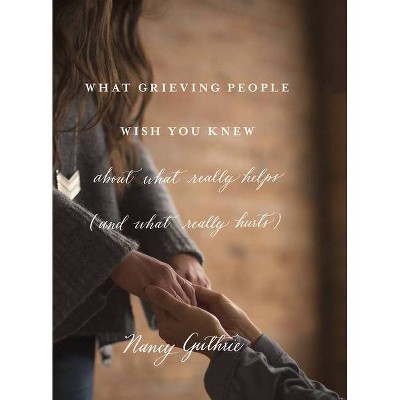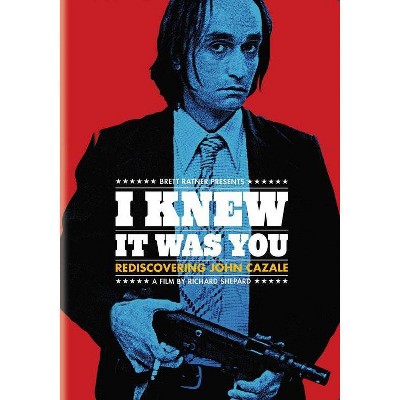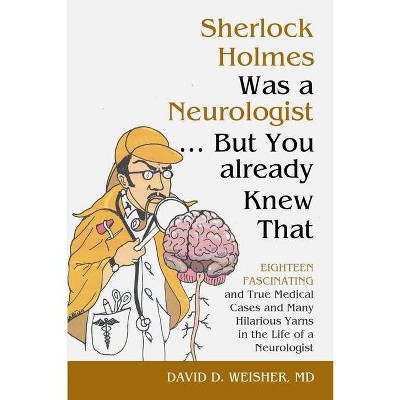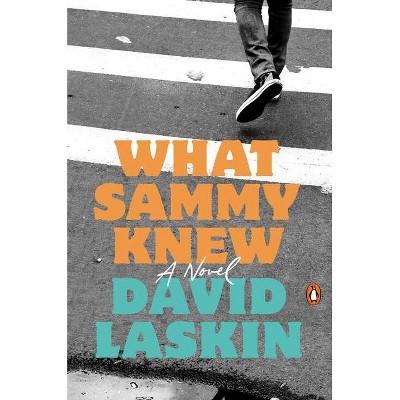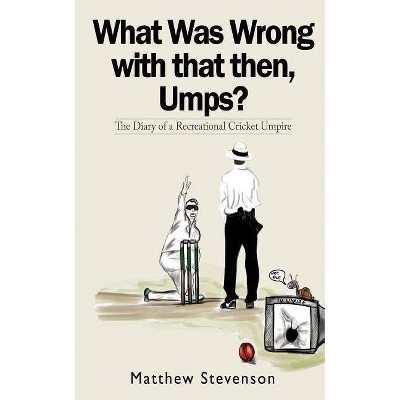What If Everything You Knew About Education Was Wrong? - by David Didau (Paperback)
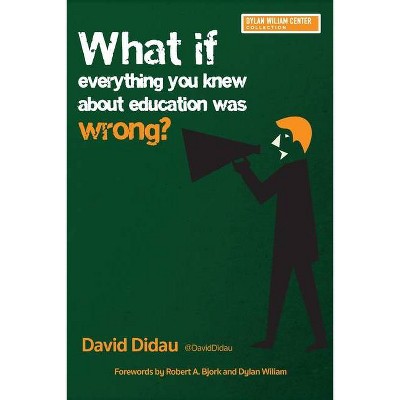
Similar Products
Products of same category from the store
AllProduct info
<p/><br></br><p><b> Book Synopsis </b></p></br></br><p>If you're annoyed at the presumption of some guy daring to suggest everything you know about education might be wrong, please take it with a grain of salt. It's just a title. Of course, you probably think a great many things that aren't wrong. </p><p>With forewords by Robert Bjork and Dylan Wiliam, this book has been brought to an American audience for the first time to help you 'murder your darlings'. David Didau will question your most deeply held assumptions about teaching and learning, expose them to the fiery eye of reason, and see if they can still walk in a straight line after the experience. Combining his 15 years of classroom teaching, coaching, and consulting for United Kingdom's Department of Education, David shares the tools to help you question your assumptions and assist you in picking through what you believe. </p><p>This book draws on research from the field of cognitive science to expertly analyze some of the unexamined meta-beliefs in education. If you come out the other end having vigorously and violently disagreed with him, you'll at least have had to think hard about what you believe. </p><p>In Part 1, "Why we're wrong," David dismantles what we think we know; examining cognitive traps and biases, assumptions, gut feelings and the problem of evidence. Part 2, "Through the Threshold" delves deeper, looking at progress, liminality and threshold concepts, the science of learning, and the difference between novices and experts. In Part 3, David asks us the question, "What could we do differently?" and offers some considered insights into spacing and interleaving, the testing effect, the generation effect, reducing feedback and why difficult is desirable. While Part 4 challenges us to consider "What else might we be getting wrong" cogitating formative assessment, lesson observation, grit and growth, differentiation, praise, motivation and creativity. </p><p/><br></br><p><b> Review Quotes </b></p></br></br><br><p>David Didau has written a truly remarkable book. No other book that I know of manages to integrate an in-the-trenches classroom-teaching perspective with an accessible coverage of critical findings from cognitive-science research. </p><p>Robert A. Bjork, Distinguished Research Professor, UCLA </p><p> </p><p>In short, this is my new favorite book on education. If I was still running a PGCE program it would be required reading for my students, and I can think of no better choice for a book-study for experienced teachers. Anyone seriously interested in education should read this book. </p><p>From the Foreword by Dylan Wiliam, Emeritus Professor, University College London </p><p> </p><p>The title indicates that David Didau is ready to smash idols. Fortunately for us, he creates more than he destroys, deftly assembling findings from the learning sciences to build a path towards more effective classroom learning. </p><p>Daniel Willingham, Professor of Psychology, University of Virginia </p><p> </p><p>This is the kind of book you could read quickly, but probably shouldn't. You could read it ten times and each time find something new. There is a canon of about a dozen books that I recommend to teachers - most of which are cited in this one. My essential reading list has a new entry. </p><p>Robert Coe, Professor of Education, Durham University </p><br>
Price History
Cheapest price in the interval: 16.99 on March 10, 2021
Most expensive price in the interval: 16.99 on November 8, 2021
Price Archive shows prices from various stores, lets you see history and find the cheapest. There is no actual sale on the website. For all support, inquiry and suggestion messagescommunication@pricearchive.us


